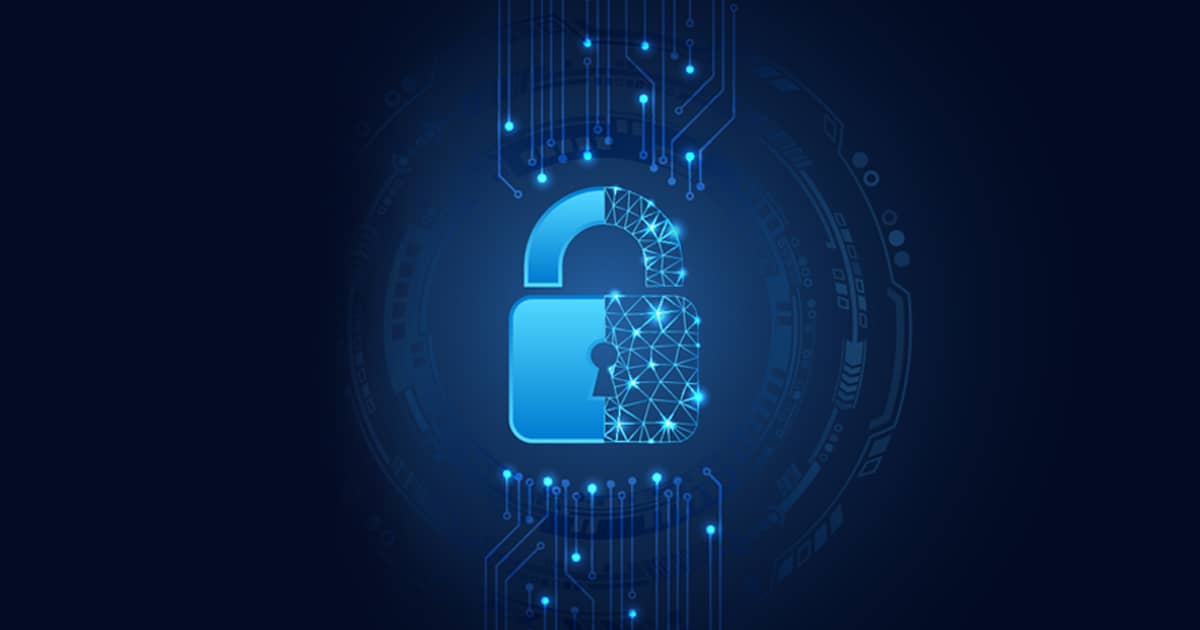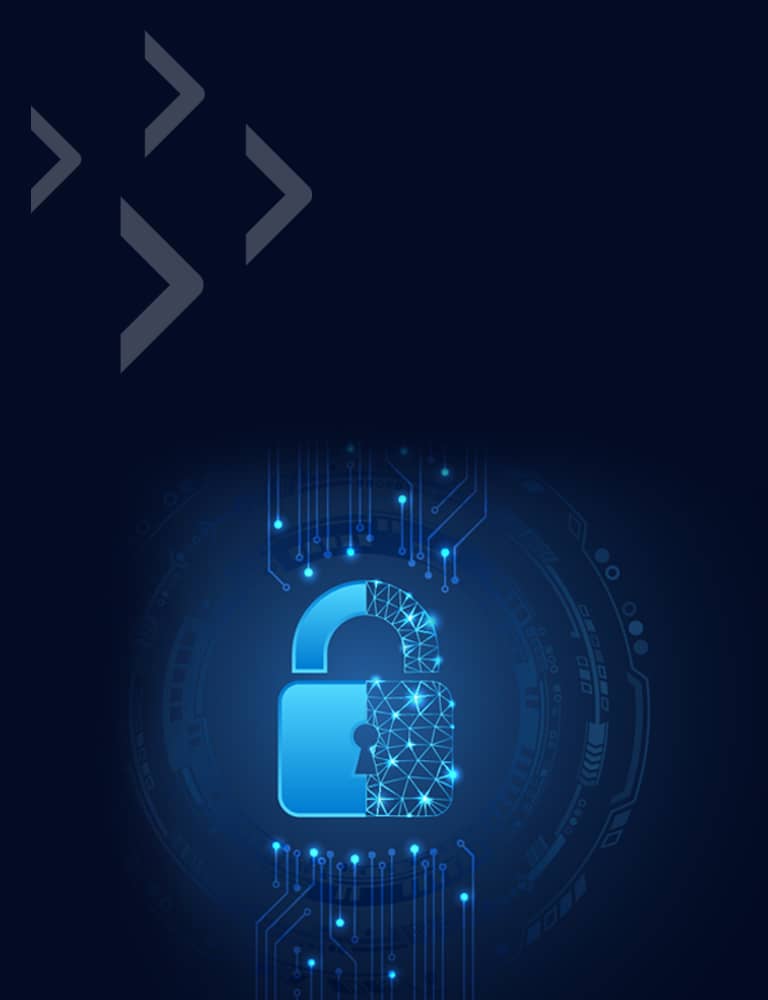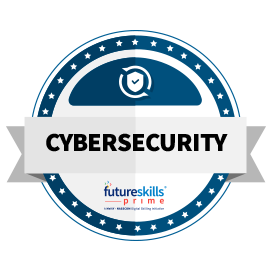Course Provider

What will you learn in Cyber Forensics Investigation course?
- Defining digital evidence and their types
- Rules of procuring and safekeeping of evidence
- Examination process of evidence
- Analysis of Evidence
- How to set up Computer forensics laboratory
- How to retrieve data whether it is existing or deleted
- Different processes for different devices
- Investigating traffic on computer networks
- Deleted files recovery
Cyber Forensics Investigation
-
 Skill Type
Emerging Tech
Skill Type
Emerging Tech -
 Domain
Cybersecurity
Domain
Cybersecurity -
 Course Category
Deepskilling Course
Course Category
Deepskilling Course -
 Placement Assistance
Yes
Placement Assistance
Yes -
 Certificate Earned Joint Co-Branded Participation Certificate & Partner Completion Certificate
Certificate Earned Joint Co-Branded Participation Certificate & Partner Completion Certificate -
 Nasscom assessment Available
Nasscom assessment Available -
 Course Covered under GoI Incentive
Yes
Course Covered under GoI Incentive
Yes -
-
 Course Price
INR 10,000+ 18% GST
Course Price
INR 10,000+ 18% GST -
 Course Duration
60 Hours
Course Duration
60 Hours
-
Why should you take Cyber Forensics Investigation course?
- In this prime course of Digital Investigation, one would learn all the necessary tools and techniques to grab all the deleted, tampered, encrypted, and other varied formats of hiding the information to obtain the crucial pieces of informational evidence.
- The various institutes of Craw Security have the best-in-class teachers and mentors of Delhi NCR which will transform a novice into a full-fledged digital forensics professional that will come in handy to the Police and Investigation Agencies to crack the most difficult cases in a single go.
Who should take Cyber Forensics Investigation course?
- This Cyber Forensics Course is highly recommended for personnel who wish to make a greater career in the field of digital forensics or investigation
- People who have a keen interest in helping the nation by any means possible.
- Already working IT candidates who have built up an interest in going in these vast genres of tackling the digital information to solve the criminal cases.
Curriculum
- Module 01 : What is Computer Forensics
- Module 02 : Methods by which Computer gets Hacked
- Module 03 : Computer Forensics Investigation Process
- Module 04 : Digital Evidence Gathering
- Module 05 : Computer Forensics Lab
- Module 06 : Setting up Forensics Lab
- Module 07 : Understanding Hard Disk
- Module 08 : File Systems Analysis : Linux/Window/mac
- Module 09 : Windows File Systems forensics
- Module 10 : Data Acquisition Tools and techniques
- Module 11 : Data Imaging Techniques and Tools
- Module 12 : Recovery Deleted Files and Folders
- Module 13 : Deleted Partitions Recovery Technique
- Module 14 : Forensics Investigations Using Forensics Toolkit (FTK)
- Module 15 : Forensics Investigations Using Forensics Toolkit (Oxygen)
- Module 16 : Forensics Investigations Using Encase Tool
- Module 17 : Stenography and Image File Forensics
- Module 18 : Application Password Crackers
- Module 19 : Log Computing and Event Correlation
- Module 20 : Network Forensics Tools : Cellebrite Tool
- Module 21 : Investigating Tools
- Module 22 : Investigating Network Traffic : Wireshark
- Module 23 : Investigating Wireless Attacks
- Module 24 : Investigating Web Application Attacks via Logs
- Module 25 : Tracking and Investigating Various Email Crimes
- Module 26 : Detailed Investigate Report
- Module 27 : Computer Forensics – Investigation Techniques
- Module 28 : Roles and Responsibilities
- Module 29 : Computer Forensics : System Password Changes Techniques
- Module 30 : Computer Forensics : System Password Cracking Techniques
- Module 31 : Web Attacks Investigation
- Module 32 : Common DOS & DDOS Attacks Types
- Module 33 : Case Management (Case Handling)
- Module 34 : Cyber Forensics : Firewall Handling
Tools you will learn in Cyber Forensics Investigation course
- Autopsy (The Sleuth Kit)
- ProDiscover Forensics
- Caine
- Access DAta FTK
- Abel
- Encase
- L0phtCrack
- OsForensics
- HexEditor
- Paraben E3
- Paladin
- Magnet RAM Capture
- X-Ways Forensics
- Wireshark
- Registery Recon
- Volatility Framework
- Xplico
- e-fense
- Crowd Strike
FAQs
Cyber Forensics is a skillset of procedures used for doing numerous investigations related to encrypted, broken, or tampered IoT devices, or e-copies of distinguished data files. Most of the data is on servers in today’s world, hence, the collection of the concerning data as concrete evidence in a court of law would also be obtained from cyber forensics.
One can sincerely join the Best Cyber Forensics Investigation Course in Delhi from Craw Cyber Security Institutions at Saket and Laxmi Nagar locations in Delhi.
CHFI Certification which is widely known as EC Council Certified Hacker Forensics Investigator Certification is a CHFI v10 Certification course that describes the industry-insights of the Computer Forensics Course used for fulfilling diverse cyber investigation purposes in real-time forensics cases crackdown
Extraction of deleted, hidden, tampered, or broken files from various IoT devices or AI protocols to make it a genuine and authentic proof that may be admissible in the law of court in a criminal investigation is the main operation that forensic investigation possesses in cyber security.
Yes, it is certainly a good course as well as a nice genre to kick-start your career into this as very few possess a certain interest in this field, as well as fewer candidates, wish to go in these backgrounds so far since it needs a lot of mental pressure to carry out for daily official chores. It is a very important feature of law enforcement agencies in this internet-based devices era and can be an awarding and lucrative career trajectory for wishful aspirants.
Cyber Forensics is a very important aspect when it comes to securing the database of an organization's network security. This feature empowers the entire integrity and survivability of the network infrastructure of an enterprise. For example, getting to know how the legal and technical aspects of computer forensics via ensuring the information security that may assist you with catching crucial data if your network is compromised and will suitably support you prosecute your case with the right sort of concrete evidence if the corresponding culprit intruder is caught.




